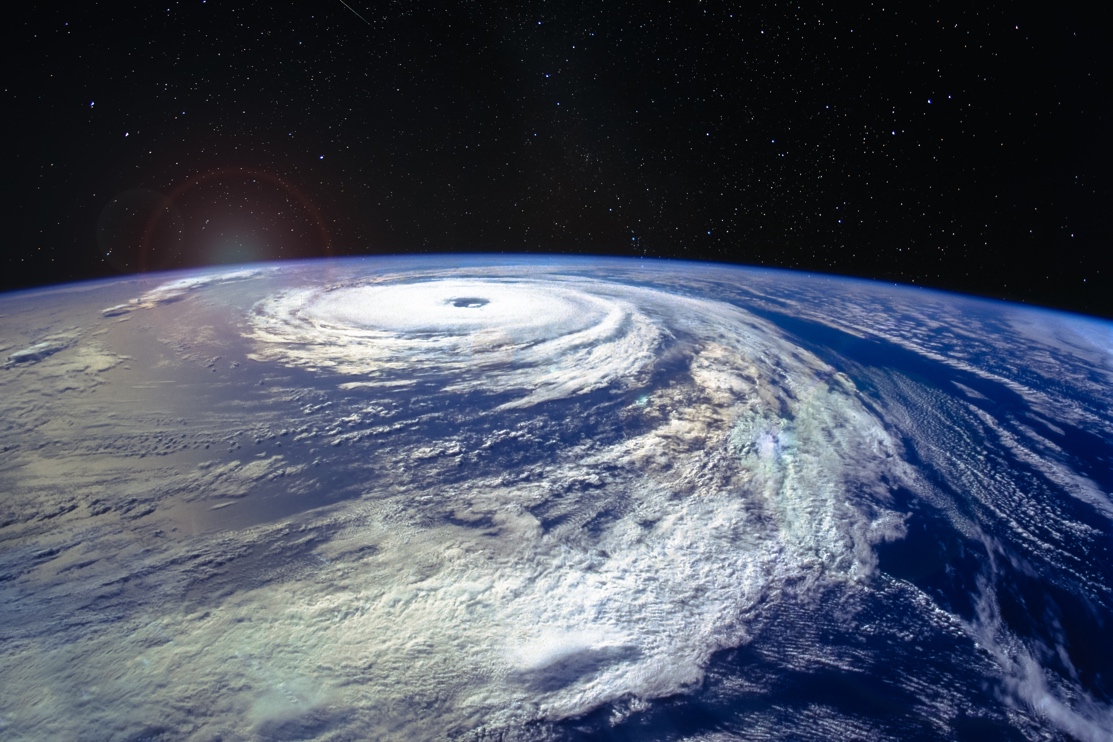Borden Dairy has 13 plants and 91 branches. The vast majority are in southern and southeastern states and are often in coastal areas. Every year, hurricanes pose a threat that requires our full attention, and this year Dorian came calling. Three of our plants were impacted by the storm, and at one point, it looked like all three could have been squarely in Dorian’s sights.
Last year it was Florence in North Carolina and Michael in Florida and Alabama. Hurricanes, by definition, are unpredictable, but there’s one thing I can forecast with absolute certainty. Storms of this magnitude—as well as other natural disasters and human-triggered events—generate heroic acts in equal measure.
Case in point: Florence. During hurricanes, Borden often shifts production to other plants in safer areas so we can maintain supplies and reserves. Last year, our plant in London, Kentucky ramped up production to provide relief supplies in North Carolina, and we needed a driver. We asked for volunteers, and practically everyone was “in.”
The reason that’s amazing is because one reason drivers choose to work at Borden is because our routes are consistent and predictably short. Drivers are usually at home at night. But in this case, our volunteer left Kentucky without a specified destination. Route managers were in constant contact with the driver to provide updates, but he was also rerouting on his own due to flood waters, damaged roads, down power lines and uprooted trees. He eventually reached Wilmington, North Carolina and delivered the supplies. But the round trip took a week.
This year with three plants in Dorian’s path, we not only needed to ship and deploy backup generators for each location. In one case, we also needed a single generator to serve both our refrigerated warehouse and silo storage system. No problem. In a matter of hours, our team at Miami engineered and implemented a new wiring solution.
And about those silos. They stay full of milk. The more common industry practice is to drain them prior to a storm in case there is a power problem and the plant can’t come back up. We keep them full of milk and ready for production on the assumption that we will get power in time to serve our customers. That way, when the all-clear sounds, we can begin fulfilling orders. Is that risky? A little bit. But playing to win puts us in position to be the hero in our community. Draining the silos is essentially playing the game not-to-lose, which creates a culture of mediocrity.
Borden is not alone with a mindset of playing to win. As USA Today reports, Waffle House is one of many companies that serves communities in need and makes thorough plans to quickly re-open after hurricanes pass through. You see the same drive in ordinary people who ride out the storm together and immediately respond to help friends and neighbors. They’re not necessarily waiting for organized relief. People pitch in to help, as do other local organizations.
In thinking about this current hurricane and previous storms, I am reminded of many blessings. The hands that went into the air as soon as we asked for someone to go on mission to North Carolina to help out with some milk; the folks in our plants who race back after the wind dies down to start serving our customers; the line of volunteers, in every emergency, from all walks of life, who give selflessly to get our communities back on their feet. These are scenes of who we are as Americans at our very best.
Thank you to all 3,300 Borden employees for working together during moments of crisis. Your heroic acts large and small exemplify the Borden core values of SERVANT’S HEART, TEAMWORK, CREATIVE PROBLEM SOLVING and PASSION TO WIN.
